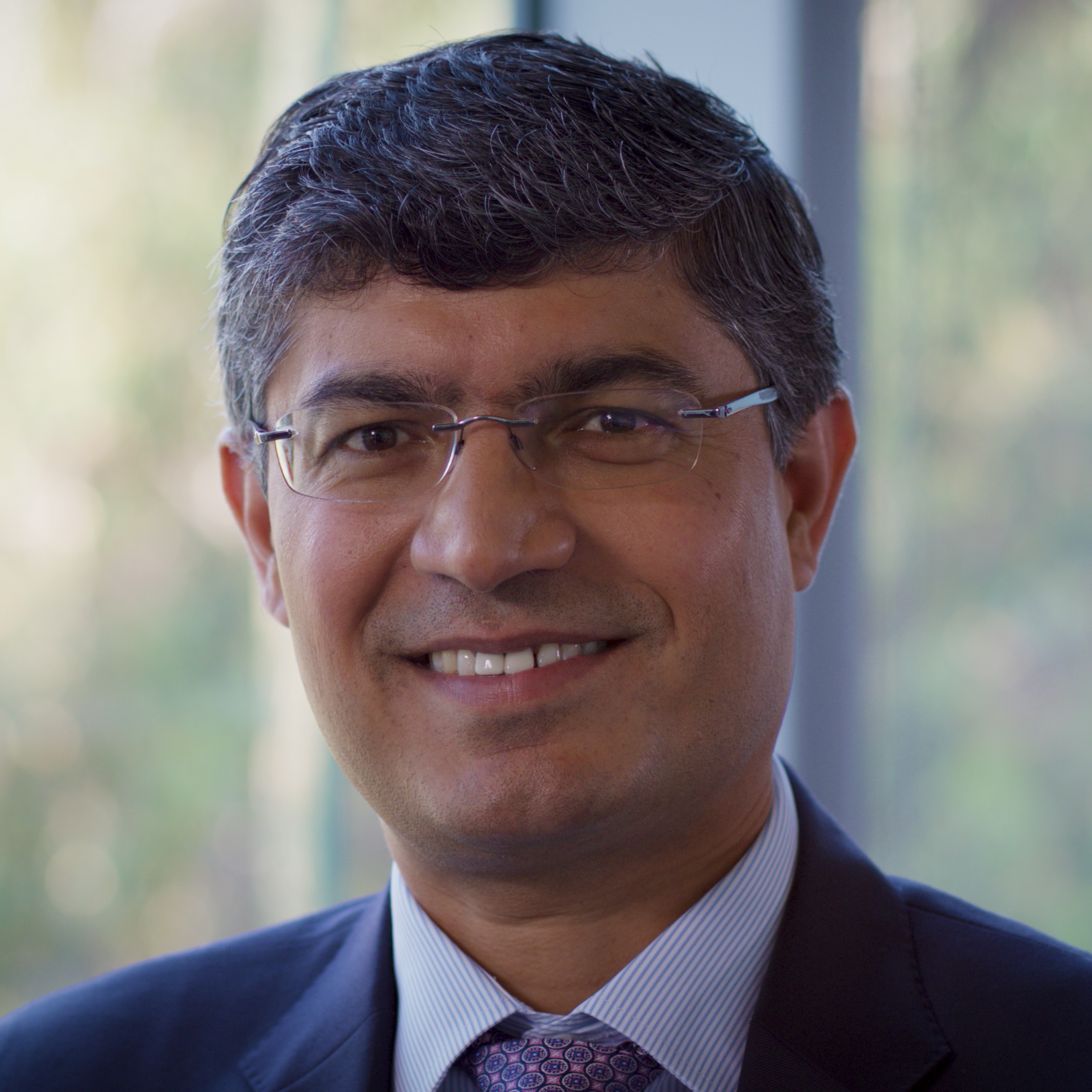Video
Laura Korb Ferris, MD, PhD: New Data on Oral IL-23 Antagonist Peptide for Psoriasis
Author(s):
New phase 2b data from the FRONTIER 1 study showed promise for what could become the first and only oral IL-23 antagonist peptide for psoriasis.
In this interview with HCPLive, Laura Korb Ferris, MD, PhD, discussed the recent phase 2b findings from the FRONTIER 1 study on oral interleukin-23 receptor (IL-23R) antagonist peptide JNJ-2113 for patients with moderate-to-severe plaque psoriasis.
Ferris is known for her work as a Professor at the University of Pittsburgh’s Clinical and Translational Science Institute. She also serves as Director of Clinical Trials for the UPMC’s Department of Dermatology.
She began the interview by noting that in her work at the clinical trials unit, a lot of their research has focused on novel therapies for inflammatory diseases and particularly psoriasis.
Ferris noted that the phase 2b FRONTIER 1 trial evaluated the novel IL-23R antagonist peptide JNJ-2113 for adults with psoriasis, adding that the treatment achieved all of the primary and secondary efficacy endpoints.
“This is an interesting drug,” she stated. “You know, we've really moved toward targeted therapies for psoriasis and we know that IL-23 is a key cytokine in the pathogenesis of psoriasis. And so we have made use of this fact and developed biologics that have been traditionally used to treat psoriasis. Those have to be given as an injectable. What's unique about this drug is that it inhibits the IL-23 pathway.”
Ferris added that this means that the drug blocks IL-23 binding to the receptor and therefore inhibits downstream signaling through the IL-23 receptor.
“This is unique in that the drugs that we have currently, that target IL-23 target the actual cytokine itself and prevent it from binding to the receptor,” she said. “This one is unique in that it's a much smaller molecule and in that it's a peptide, not an antibody, and can bind and block the binding of IL-23 to the receptor.”
She noted that the other significant unique trait is that JNJ-2113 can be given as an oral medication, replicating the pathway of biologics but as an oral drug.
“I think the interesting thing (about this study) is that we do see a dose-dependent response,” Ferris added later. “We also see a low placebo response. So 9.3% of patients who were on a placebo, had a PASI75 response versus the highest response was seen in the patients who had the highest dose of drug, which was 100 milligrams given twice a day.”
To learn more about Ferris’s description and interpretation of the trial results, view the HCPLive interview segment above.
The quotes contained in this interview description were edited for clarity.





